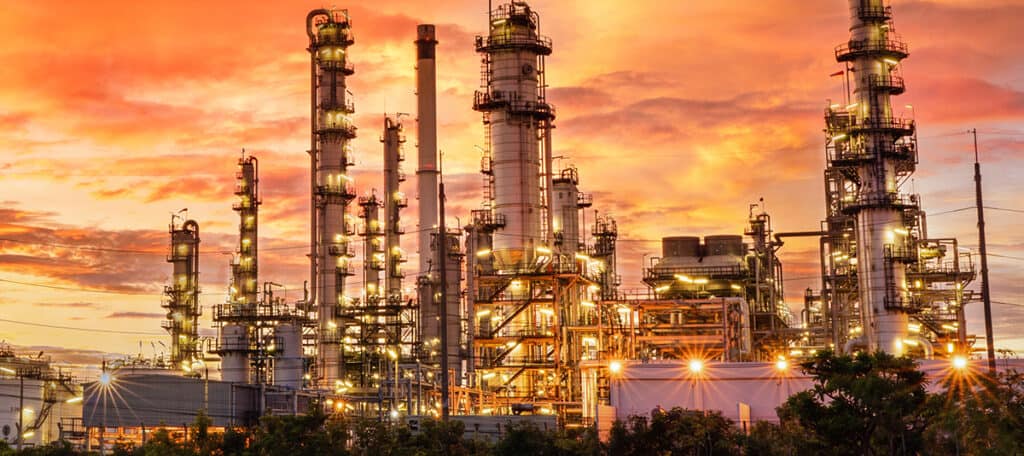Editor’s note: This content was last updated 3/13/24.
The Importance of Temperature Control
Temperature control is pivotal in chemical processing, serving as the cornerstone of operational efficiency and product quality. Even minor adjustments in temperature can instigate significant transformations in the product.
Throughout various stages of chemical processing, temperature management via heating or cooling is indispensable. This spans from initial processing through intermediate steps to the production of final products. Essential equipment includes shell and tube heat exchangers, crucial for regulating temperatures in processes such as:
- Cooling high-viscosity products like latex.
- Heating, cooling, and reheating solvents such as toluene, commonly found in paint thinners.
- Maintaining temperatures of solutions, acids, and bases like sodium hydroxide.
- Preventing contamination between different solutions or solvents.
Enhancing Heat Transfer Efficiency
Efficient heat transfer, as highlighted by the Rensselaer Polytechnic Institute, depends on the interplay of heat transfer from temperature gradients and fluid flow velocity through heat exchangers. Heat exchangers are also vital for boiling or condensing specific solutions or acids to precise levels. Augmenting the heat transfer area, often through fin additions, can boost transfer rates, although this may lead to increased fouling, especially in bio-processes.
Considerations for Reactor Temperature Control
Reactor temperature control is equally critical for process stability and product quality. Temperature fluctuations can affect production rate, operating costs, and final product quality. Continuous reactors rely on heat exchangers to regulate jacket temperature, ensuring steady operation. Batch reactors require swift heat-up or cool-down processes to manage load disturbances effectively.
The National Renewable Energy Laboratory emphasizes the use of heat exchangers in batch reactors, employing pump-around loops to control temperature and agitate the process. This underscores the indispensable role of temperature control in chemical processing.
Meticulous Temperature Control
Meticulous temperature control is not merely a technicality but a fundamental aspect of chemical processing. From managing heat exchangers to overseeing reactor temperatures, every adjustment influences the final product’s quality and operational efficiency.
Are you in the market for a custom exchanger for your unique process conditions? We invite you to contact us or request a quote to get the process started.

